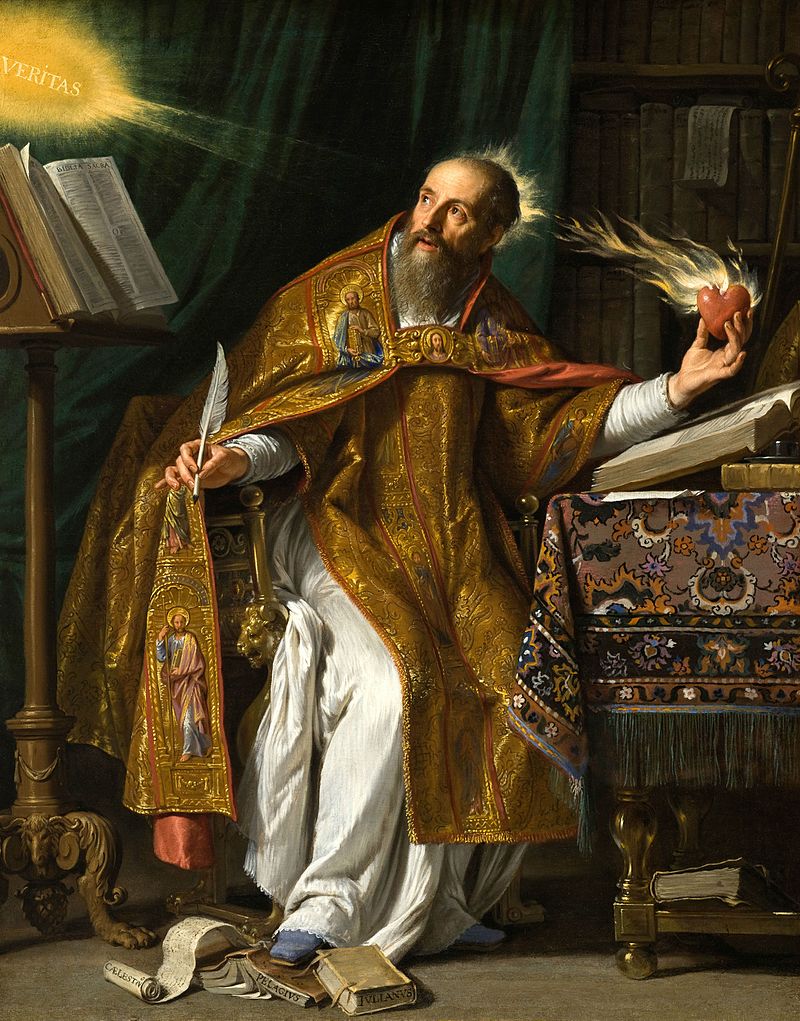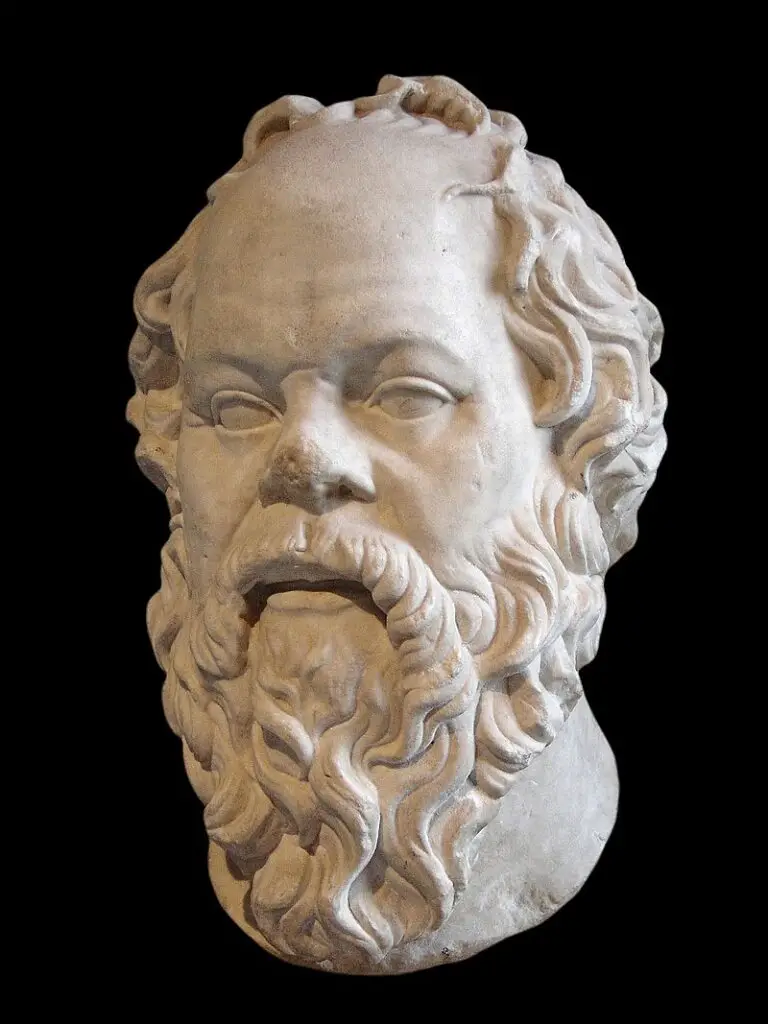Augustine of Hippo (354-430 AD) was an influential theologian and philosopher in the early Christian Church. Born in North Africa (modern-day Algeria), Augustine is best known for his philosophical contributions to Christian doctrine. His seminal work, “Confessions,” is a spiritual autobiography exploring his journey to Christianity. Augustine’s theological writings, such as “City of God,” shaped medieval Christian thought, addressing topics like the nature of God, original sin, and the relationship between faith and reason. As Bishop of Hippo, he played a key role in combating various heresies and contributed significantly to the development of Christian theology. Augustine’s influence extends beyond religion, impacting Western philosophy and shaping discussions on free will and the human condition.
Raised in a Roman province in North Africa, Augustine was born to Patricius, a pagan, and Monica, a devout Christian. Monica’s influence played a crucial role in shaping Augustine’s early spiritual inclinations. Despite his mother’s Christian faith, Augustine embarked on a period of intellectual exploration during his youth. He excelled in education, studying rhetoric in Carthage and later teaching in the same city.
Augustine’s early years were marked by a quest for knowledge and a desire for worldly success. His pursuit of wisdom led him to various philosophical schools, including Manichaeism, a dualistic religion that left a lasting impact on his thinking. However, disillusionment with Manichaeism and his encounter with Neoplatonism propelled Augustine on a path of philosophical and spiritual inquiry.
In his late twenties, Augustine moved to Rome and later Milan, where he encountered the influential bishop Ambrose. Ambrose’s sermons and intellectual approach deeply influenced Augustine, gradually leading him toward Christianity. The struggle between his intellectual doubts and spiritual yearnings reached a climax in the famous garden scene described in his autobiographical work, “Confessions.” In that moment, Augustine experienced a profound spiritual conversion, embracing Christianity and abandoning his previous philosophical uncertainties.
Augustine’s conversion marked a turning point in his life. He returned to North Africa, where he was baptized by Ambrose in 387. Ordained as a priest in 391 and later consecrated as the Bishop of Hippo in 396, Augustine dedicated himself to the service of the Church and the pursuit of theological understanding.
One of Augustine’s significant contributions to Christian theology was his response to the Pelagian controversy. Pelagianism, a theological system that downplayed the concept of original sin and emphasized human ability to achieve salvation through moral effort, posed a challenge to traditional Christian teachings. Augustine vehemently opposed Pelagianism, articulating a robust theology of grace and emphasizing the doctrine of original sin. His works, particularly “On the Predestination of the Saints” and “The City of God,” became foundational in shaping Western Christian thought on issues of human nature, divine grace, and the nature of salvation.
Augustine’s theological writings extended to various other topics, including the Trinity, the nature of God, and the interpretation of the Bible. His magnum opus, “Confessions,” stands as one of the earliest autobiographical works and a spiritual classic. In it, Augustine reflects on his life, his intellectual journey, and his deepening relationship with God.
The fall of the Western Roman Empire in 410 and the subsequent sack of Rome by the Visigoths deeply impacted Augustine. In response, he wrote “The City of God,” a monumental work that explored the relationship between the City of God and the earthly city. Augustine sought to provide comfort to Christians bewildered by the events, arguing that the true fulfillment of human aspirations lies in the eternal City of God rather than in earthly kingdoms.
Augustine’s influence extended beyond theology into philosophy and education. His emphasis on the role of reason in understanding faith and his integration of classical learning into Christian thought helped shape the medieval scholastic tradition. The concept of the “Augustinian hypothesis” in biblical studies, which posits that the Gospel of Matthew was the first Gospel written, is another example of his lasting impact.
Augustine’s pastoral responsibilities did not shield him from challenges within the Church. He engaged in controversies against the Donatists, a North African Christian sect, and the Pelagians, defending what he perceived as orthodox Christian doctrine. Augustine’s writings and sermons, often addressing practical and pastoral concerns, reflect his commitment to shepherding the Christian community.
As a bishop, Augustine lived a life of austerity, simplicity, and dedication to his episcopal duties. He emphasized pastoral care, preached regularly, and wrote extensively to address the needs of his flock. His correspondence with other bishops and theologians provides valuable insights into the challenges faced by the early Christian Church.
Augustine’s life came to an end on August 28, 430, during the siege of Hippo by the Vandals. His death marked the conclusion of a life devoted to the pursuit of truth, the service of God, and the defense of Christian orthodoxy. Augustine’s theological legacy endured through the centuries, influencing prominent figures such as Thomas Aquinas and Martin Luther.
The lasting impact of Augustine of Hippo lies not only in his theological contributions but also in the timeless relevance of his reflections on the human condition, the nature of God, and the pursuit of spiritual fulfillment. His writings continue to inspire scholars, theologians, and believers, transcending the boundaries of time and culture. Augustine’s journey from a young seeker of knowledge to a revered bishop and theologian exemplifies the transformative power of faith and intellectual exploration.










